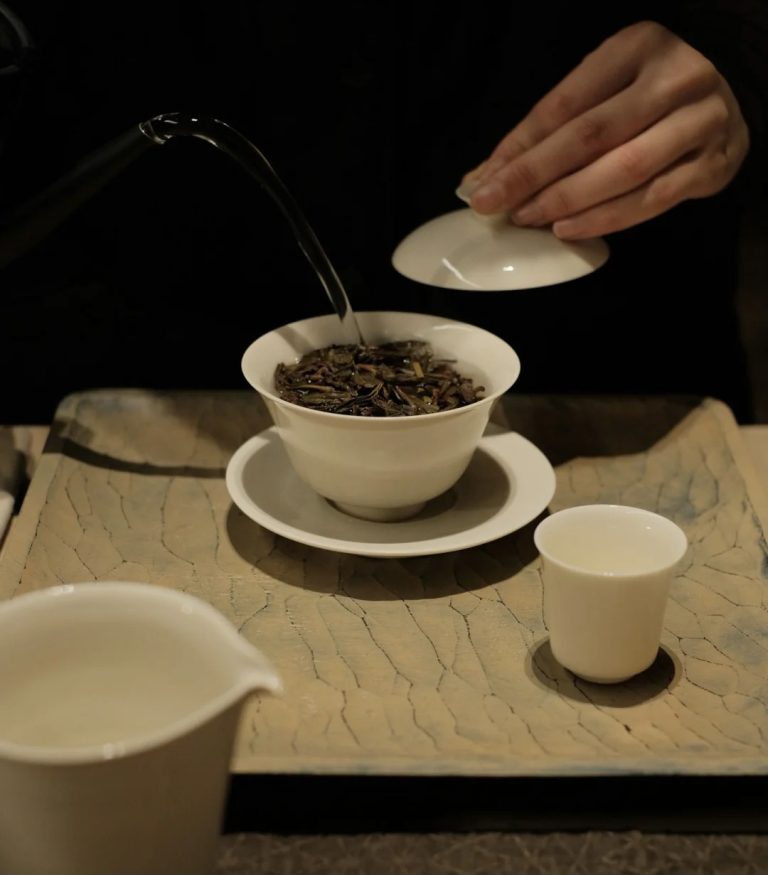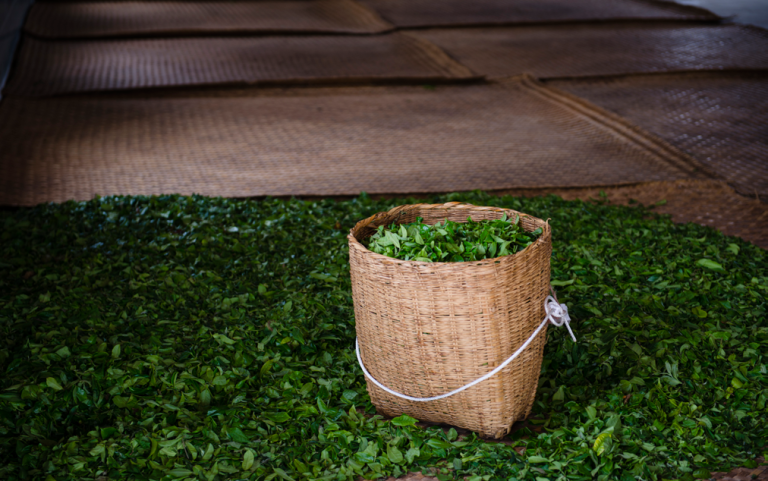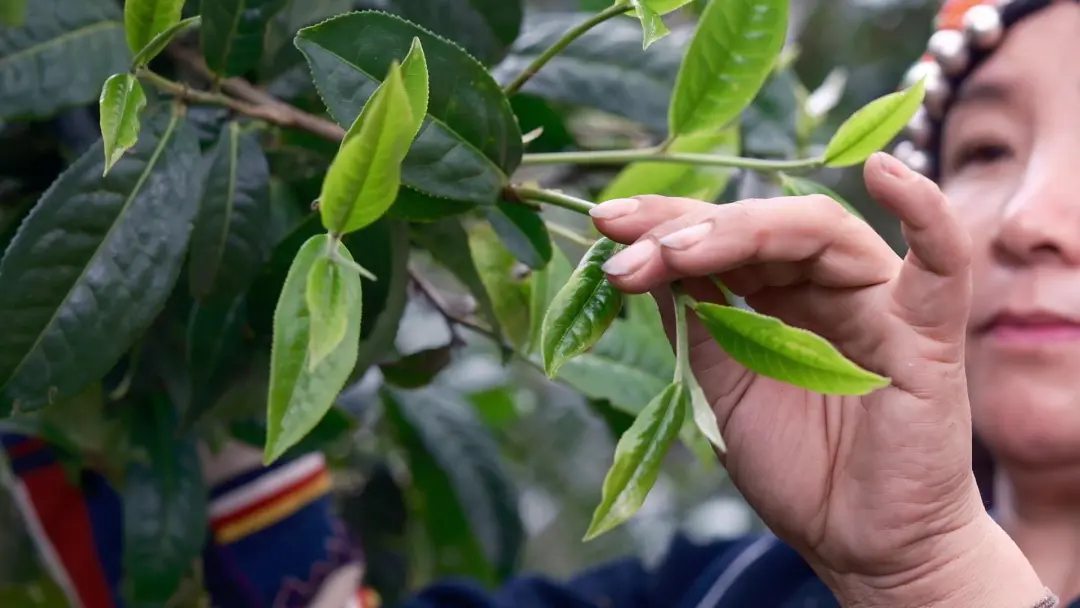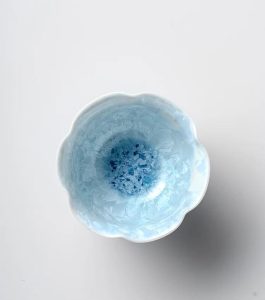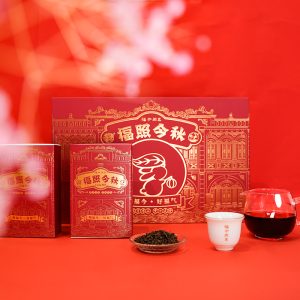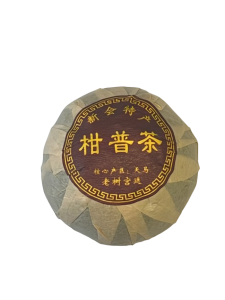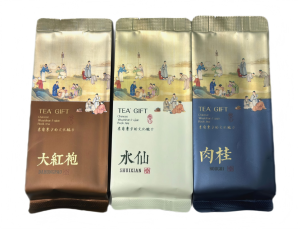
Understanding Pu Erh Tea Caffeine
Pu erh tea, originating from Yunnan, China, is renowned for its unique fermentation process and health benefits. It is categorized into raw (Sheng)(生) and ripe (Shou)(熟) forms containing caffeine, a natural stimulant. According to a study conducted in 2011, ripe pu erh contains 13.03 – 18.01 mg/g of caffeine, while aged raw pu erh contains 7.81 – 14.95 mg/g of caffeine. This means that for every gram of ripe pu erh tea, there are between 13.03 to 18.01 milligrams of caffeine, and for aged raw pu erh tea, the caffeine content ranges from 7.81 to 14.95 milligrams per gram. These values indicate the caffeine content in different types of pu erh tea, allowing consumers to make informed decisions based on their caffeine preferences and needs.
Caffeine Content Variation
The caffeine content in pu erh tea is influenced by various factors, including processing degree, aging time, and the part of the tea plant used. Research indicates that as tea leaves age, their caffeine content breaks down, resulting in less caffeine in older teas. Additionally, a joint study by two Chinese universities found that ripe pu erh contains 3.31% caffeine per gram, and raw pu erh contains 4.29% caffeine per gram.
Caffeine Breakdown During Fermentation
Yunnan Agricultural University’s research suggests that some yeasts break down caffeine during ripe pu erh fermentation, while some molds can increase it. This highlights the complex nature of caffeine content in pu erh tea.
Health Benefits and Effects of Caffeine
Caffeine in pu erh tea can boost metabolism and aid in weight loss. However, excessive intake can lead to side effects such as insomnia and anxiety. Pu Erh Tea contains around 65 milligrams of caffeine per cup, with the first cup containing the most caffeine.
Brewing and Caffeine Content
Brewing time significantly affects caffeine content; longer steeping times result in more caffeine release. Caffeine content can also vary depending on the tea’s age, with newer and less processed teas containing higher amounts.
Comparison with Other Caffeinated Drinks
Pu erh tea provides a milder caffeine boost than coffee or energy drinks, making it a popular choice for those seeking a less intense stimulant.
Caffeine and Evening Tea Consumption
For those sensitive to caffeine, aged or ripe pu erh tea, which contains less caffeine, is recommended for evening consumption to avoid sleep disturbances.
Conclusion
Pu erh tea’s caffeine content is a significant factor in its appeal. Understanding its variations and effects is crucial for tea enthusiasts. Pu erh tea offers a balanced stimulant effect, promoting alertness without excessive jitters. Its fermentation process and aging contribute to its unique caffeine profile, making it a favorite among tea connoisseurs worldwide.
Final Thoughts
In summary, the caffeine content in pu erh tea is influenced by numerous factors, including fermentation and aging. By understanding these factors, one can enjoy the benefits of pu erh tea while managing caffeine intake effectively.

